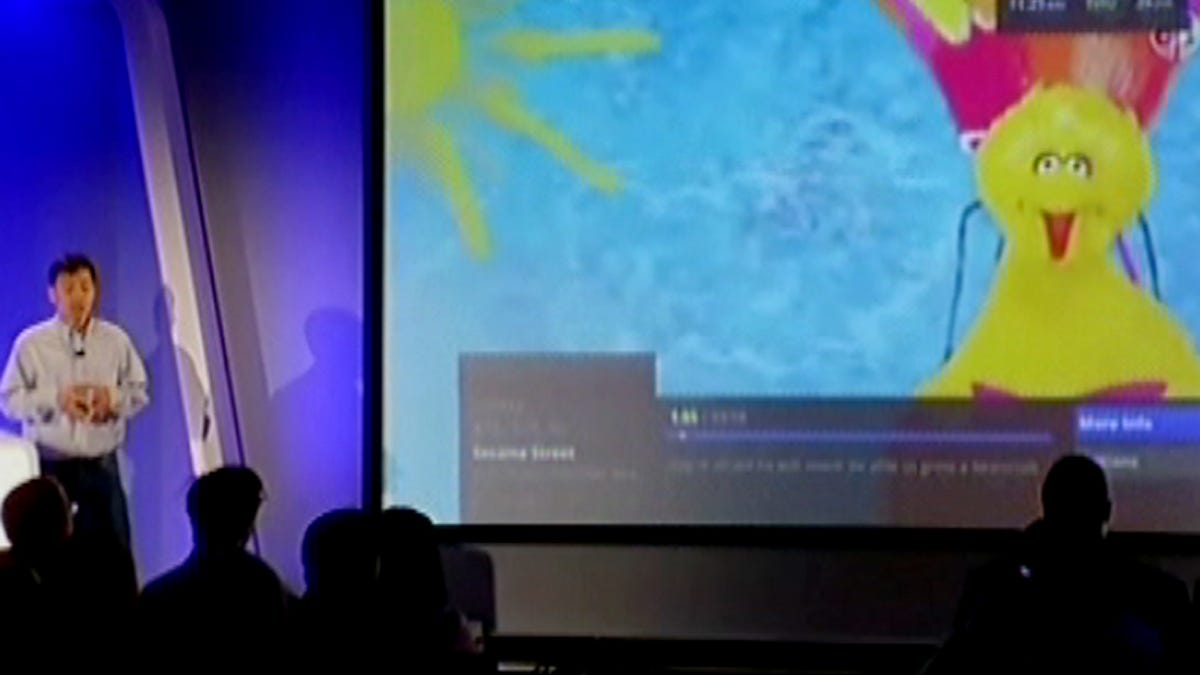Can Google Fiber TV compete?
Google has blown the pants off the competition when it comes to offering broadband service, but can its new Google Fiber TV service gain traction when the company still lacks popular content?

Google Fiber 1Gbps broadband service already looks like it's a step above competitors, but it's unclear how its TV service will stack up against other TV providers' services.
On Thursday, Google unveiled its new Google Fiber network that will deliver 1Gbps broadband service to residents in Kansas City. It also announced a new TV service it calls Google Fiber TV, which will deliver hundreds of channels of programming as well as on demand programing, interactive search capability, and advanced DVR functionality.
In some ways, the all-IP TV delivery network may be superior to existing services from cable operators, satellite TV providers or phone companies offering TV. For instance, the service comes with a DVR that allows users to record up to eight TV programs at once. It also offers 500 hours of video storage capacity on the DVR.
Meanwhile, DVRs from competing services top-out at recording up to four programs at once. And many are limited to only two.
Google has also provided innovation in video search capabilities. For example, it allows users to search not just their DVR or the Fiber TV program guide for content, but they can also search across third party online TV services like Netflix.
And because of the high-speed network, Google is able to deliver the very highest quality video in HD on several devices in the same household, including tablets and mobile phones.
But where Google Fiber TV might have trouble stacking up against potential rivals is in providing all the content that users want. Kevin Lo, general manager of Google Access said in a phone interview, that the company will offer TV channels from all the major TV broadcasters, as well as hundreds of "fiber" channels. These so-called fiber channels are many of the same channels from programmers on cable systems.
Still, Google admits it has not signed up every traditional cable programmer. For example, Discovery Channel, CNBC, Comedy Central, and some other big cable names are included in the service. But the company is still missing ESPN, CNN, and HBO.
"It's not a full program line-up yet," Lo admitted. "There is still a small number of programmers not on board yet. But that is coming. Programmers are excited about finding new ways to deliver their content in more compelling and innovative ways."
As other paid TV providers can attest, content is king. And Google must at a minimum offer subscribers the same channels that they can get elsewhere. A lack of content is one of the biggest issues that Google has faced with the slow uptake of its Google TV product. When the company first launched its service, it was seen as a threat to the traditional cable model, and programmers and other content owners would not allow their content to be accessed through the service.
And now Google must compete in the same arena as the cable operators to get customers to sign up for its service. The good news for Google is that the service when taken with the 1Gbps broadband service is almost too good to pass up. The company is charging $120 for the 1Gbps service plus the Google Fiber TV service. Subscribers also get a $200 Galaxy Nexus 7 tablet for free and the $300 installation fee is being waived right now.

